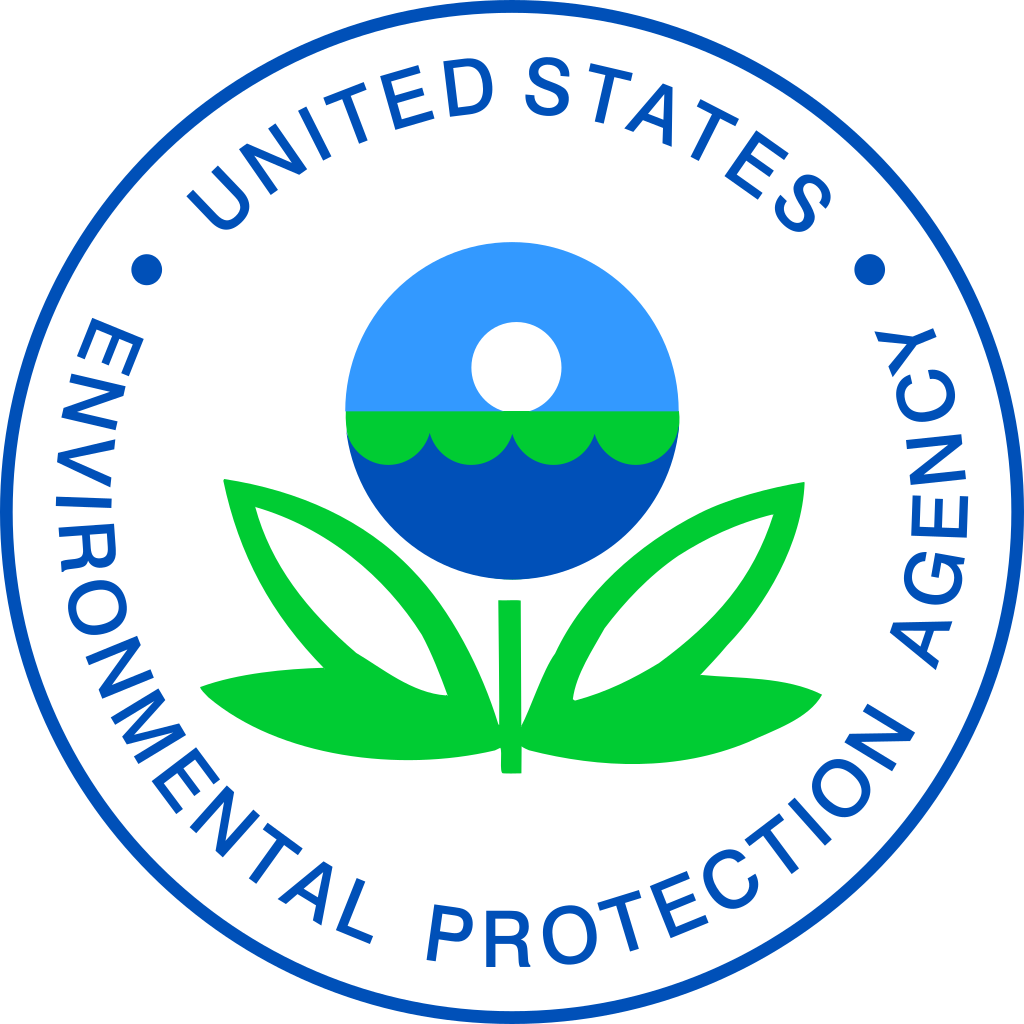Environmental Protection Agency (EPA)
The United States Environmental Protection Agency (EPA) is a federal agency founded in 1970, and dedicated to addressing growing concerns about air and water quality. EPA creates policies and standards relating to a variety of different environmental concerns. EPA sets policy and administers and enforces federal laws regarding pollutants and their impact on both humans and the environment. EPA works cooperatively with outside groups to address a variety of environmental problems. EPA is a vital source of information for state, tribal, and local governments, non-profits, businesses, and international organizations.

EPA also does a great deal of research on different pollutants, and their environmental impacts, and makes this information widely available. This includes direct research, as well as extensive grants. EPA’s stated goals include providing “environmental stewardship” and overseeing management of natural resources. EPA works with private businesses in many fields including energy, transportation, agriculture, and economic growth. EPA also plans for and helps manage cleanups of contaminated land and toxic sites, including oil spills. EPA also regulates the sale and safety of chemicals.
EPA and Food Regulation
Our clients may find EPA’s role in the regulation of pesticides in food relevant to their needs. EPA uses tolerances as limits for levels of pesticides in and on food and animal feed. Tolerance levels are set for specific pesticides in specific foods (example). These tolerances are based on cumulative effects from non-occupational pesticide exposure. While EPA sets tolerances, USDA and FDA enforce these tolerances: USDA for meat, milk, and some egg products and FDA for other foods and drugs. This includes pesticides for which EPA has not set tolerances. Pesticides are registered with EPA, and tolerances are periodically reviewed. The majority of FDA enforcement surrounding pesticide use in foods is focused upon imported raw agricultural commodities and imported processed foods. When FDA determines that a food was exposed to a pesticide for which EPA has not established a tolerance, or if a residue exceeds the EPA’s pesticide residue tolerance level, the imported food may be subject to import detention, import alerts, and/or refusal of admission. Our team helps companies understand the EPA, USDA and FDA requirements related to pesticide application and pesticide chemical residues on foods.
EPA and Disinfectant Regulation
Disinfectants are also regulated by EPA, except those meant for medical equipment or the human body, which are regulated by FDA. If the intended use of a chemical disinfectant is for it to be used on an FDA-regulated medical device which itself requires a 510(k) submission, then FDA will require a 510(k) submission for the disinfectant as well. Disinfectants are intended for use on hard, non-porous surfaces, and may cause skin and eye irritation if applied topically. EPA requires registration and proper labeling of disinfectants, including efficacy claims. State agencies also regulate pesticide products and have their own registration requirements. With the ongoing COVID-19 pandemic, EPA is working with state regulators to more quickly approve new disinfectants, and add them to list N, a list of disinfectants approved to use against COVID-19. Bringing disinfectants to market requires considerable specialized knowledge and our staff, affiliated attorneys, and EPA consultant partners have the skills needed to evaluate your options and meet federal and state regulatory requirements.
